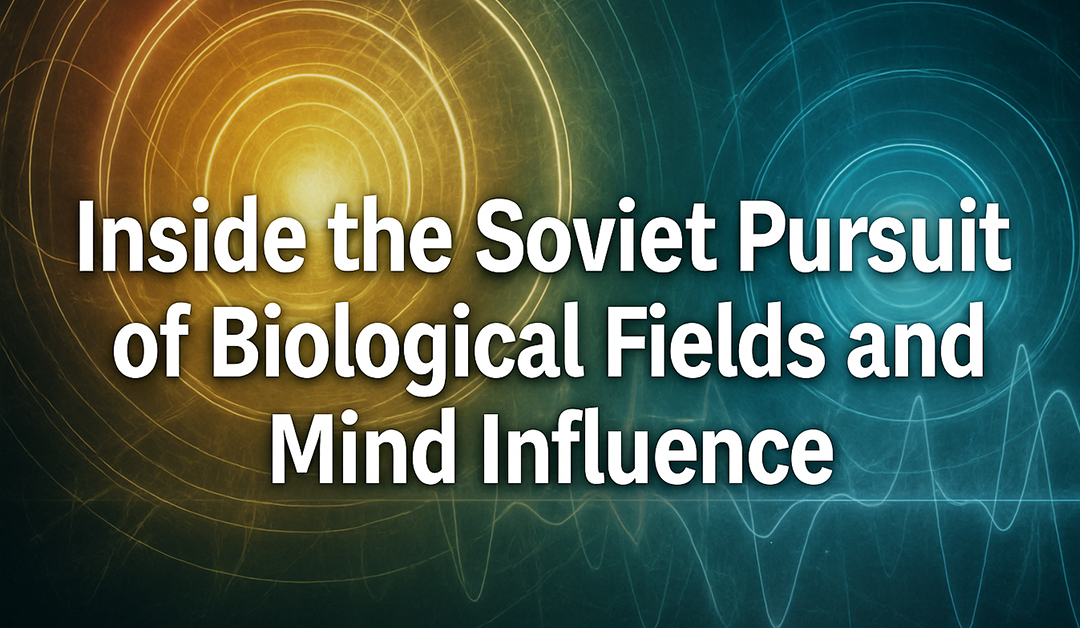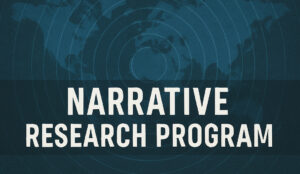Soviet physicist Viktor G. Adamenko outlines a theory for biological electrodynamics and psychoenergetics
A declassified CIA translation of a Soviet academic paper reveals an effort to scientifically explain human consciousness, telepathy, and long-range bioenergetic effects.
Authored by Viktor G. Adamenko, the document explores the electrodynamic nature of living systems-and proposes a new field of science to study them.
⚡ Biological Fields Are Not Just Byproducts
The core thesis: living organisms generate electromagnetic fields that aren’t incidental but structurally organized, informationally rich, and potentially functional.
Adamenko emphasizes:
-
The electrodynamic character of biological systems
-
That these fields may play a role in information exchange
-
That they are affected by internal rhythms, external interactions, and possibly nonlocal forces
He proposes that coherent oscillations within biological structures-especially at the cellular and subcellular level-may serve as communication or control mechanisms.
🧬 The Case for Psychoenergetics
Adamenko introduces the concept of "psychoenergetics" as a study of how mental and energetic processes interact with physical systems.
He outlines the following speculative phenomena for formal investigation:
-
Remote mental influence
-
Telepathic coupling
-
Biological systems responding to mental intent
While acknowledging that such phenomena lie at the boundaries of current science, he insists they be studied with rigorous methodology, not dismissed outright.
🛰️ Toward a Unified Theory of Mind and Physics
The document builds toward a call for an integrated scientific framework:
-
Merging quantum theory, field theory, and biophysics
-
Using systems analysis and control theory to model consciousness
-
Investigating the long-range coherence between organisms
Adamenko believes current biological science ignores or misrepresents field effects, and that their inclusion is key to understanding perception, memory, and intent.
📎 Why the CIA Translated This
The paper was archived as part of U.S. intelligence interest in foreign research on parapsychology and mind-influence phenomena.
This wasn’t idle curiosity-documents like this were used to assess whether Soviet programs were developing frameworks for psychic influence, nonlocal information transfer, or biological field manipulation.
Adamenko’s work, while theoretical, maps a direction for psy-oriented state research that could blend physics and intelligence operations.






